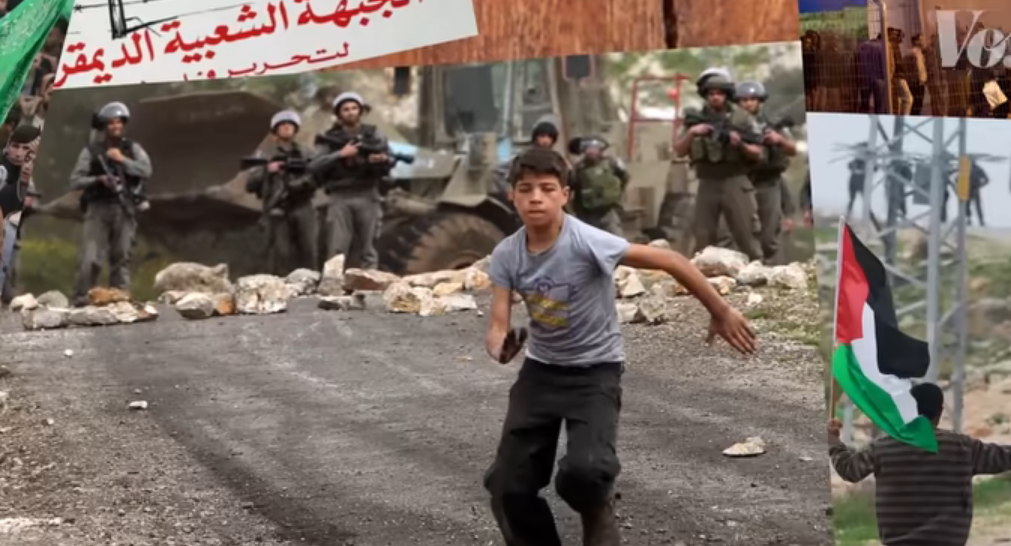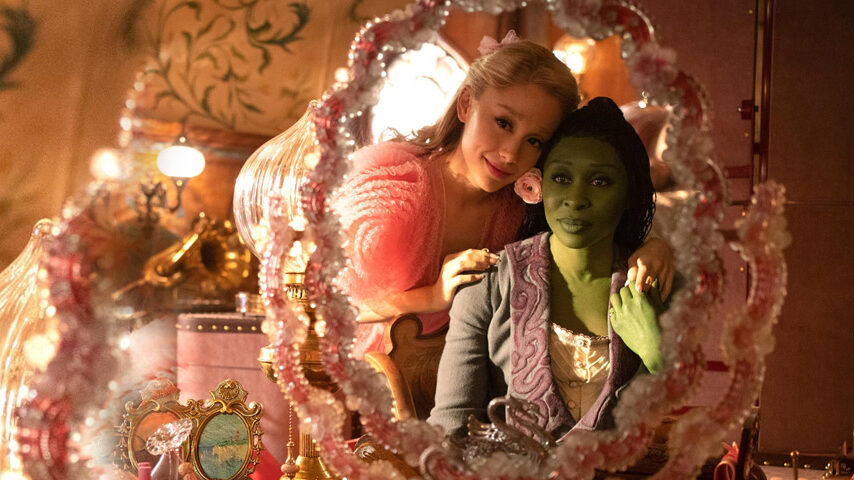By Sarena Neyman
Photos: Wikimedia Commons\YouTube Screenshots
As a child of two Holocaust survivors and a product of Jewish day schools and Zionist summer camps, I was brought up to love Israel unconditionally.

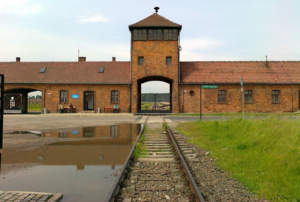
My great-grandmother moved to Palestine from Poland in the 1930s because she recognized the dangerous drumbeat of the approaching Third Reich. Most of her children chose not to follow her. They and their children paid a heavy price. My mother, for example, went through five concentration camps and two death marches. Her 4-year-old sister was pulled out of her arms by SS soldiers. My Israeli relatives emerged from the war unscathed.
I understand the trauma that birthed the state of Israel and the need for its existence. I understand how the villainous acts of Oct. 7 triggered memories of the Holocaust and calls for revenge.
But when this war is over, the problem that started it will still remain. In fact, it will be worse. So many innocent Palestinians are being slaughtered. So many survivors of this humanitarian crisis will inevitably have hate in their heart. I agree with journalist Carolina Landsmann, who wrote an op-ed titled, “If Israel must be more brutal than Hamas to win the war, it’s not worth it.”
Terrorists gain their power by provoking overreaction. Iran and Hamas want Israel to attack Gaza with unrestrained ferocity, writes NYT columnist Ezra Klein in his op-ed “Israel is giving Hamas what it wants.” They knew this would be the best way to convert the international sympathy Israel earned on Oct. 7 into outrage, explains Klein.
And indeed, that has happened. Klein warns that Israel should learn from, rather than repeat, the mistakes made by the U.S. in its response to 9/11 — mistakes for which we are still paying the costs.
Perhaps the worst fallout from the Hamas attacks is that it has killed empathy and the hope for peace. “I truly believed that the other side were not terrorists. That they wanted to live in peace like me. Now we can’t trust anyone,” an Israeli survivor of the terrorist attacks said when asked in a New York Times interview about how trauma has affected her views.
An Israeli military analyst, a former high school classmate, posts on Facebook: “Pray for peace, but only if it follows victory.” Other former classmates share the quote attributed to Golda Meir: “We can forgive the Arabs for killing our children. But we can never forgive them for forcing us to kill their children.”
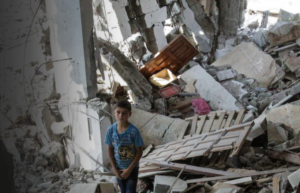
I disagree. There will be no victory without peace.
Israel will not be forgiven for killing their children en masse. Gazan children who are 15 years old have already gone through three wars. Watch “Born in Gaza” on Netflix, a documentary that follows 10 children and captures their daily life following the 2014 Israeli military offensive that devastated the Gaza Strip. Their trauma and poverty is excruciating. How many of these children are now Hamas fighters or sympathizers?
It is verboten, however, to say something like this in many circles; it is seen as justifying the actions of the terrorists. Any presentation of context is deemed scandalous, writes Klein, and is seen as diluting the “purity of condemnation.” So many Jews say nothing.
We fear talking about the deplorable conditions of Gaza’s open air prison, the land seizures, the home demolitions, the deprivation of food and water, and the scores of other sources of suffering that are a product of the Israeli occupation. We cannot decry this war and thousands of innocents who have already been killed or maimed, who are dying in hospitals with no power or slowly under the rubble.
Because if you risk speaking out, you are called an antisemite and a self-hating Jew. You risk losing family, friends, jobs, career opportunities, funding support and more. Everything is a binary. You’re either with us or against us. We are in a competition for grief, it seems, and have been pitted against each other.
But if we don’t talk about how Hamas is built on Palestinian despair, Klein writes, and if you “create a new wave, a new generation of fathers who lost their sons, and brothers who lost their sisters, and people now dedicated to revenge, have you actually made Israel safer, or have you made Hamas or something like it stronger?”
How can you keep the Gaza Strip in a permanent humanitarian crisis, asks Israeli journalist Gideon Levy, and not think there will be a price to pay? But we must ask this question — not to justify what Hamas did — but to understand how to stop this unending cycle of revenge.
Something has to change or nothing ever will. Things cannot go back to the way they were before Oct. 7. The unrelenting punishment of civilians must end. Trauma only begets more trauma. Peace, not vengeance, must be the primary goal. Anything less is destined to fail.
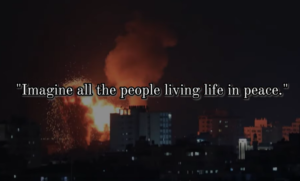
Peace Voice\Sarena Neyman is a fundraising/marketing and grant writer.
